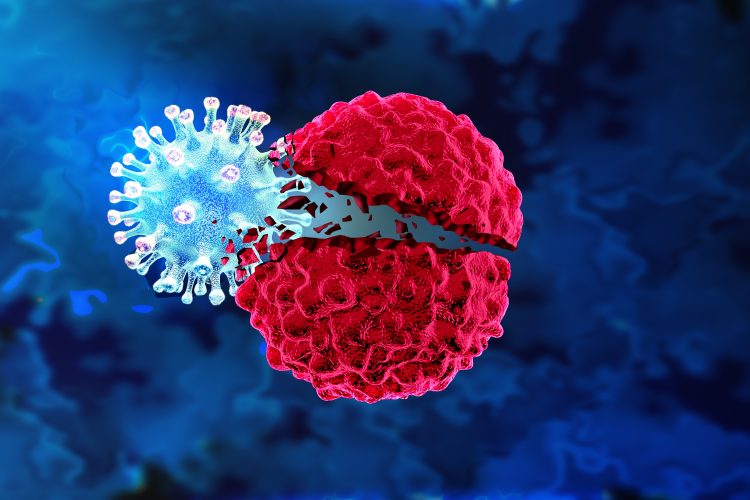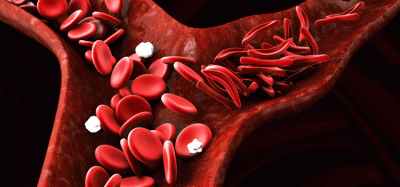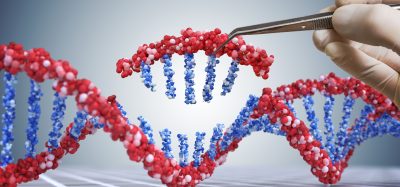Augmenting cancer immunogenicity through MHC class I
Posted: 31 January 2024 | Drug Target Review | No comments yet
A novel technology can reduce tumour sizes significantly and improve treatment efficacy when used with existing immunotherapy.


Researchers in Japan and the United States, led by Dr Koichi Kobayashi of Hokkaido University and Texas A&M Health Center and Dr Paul de Figueiredo, Bond LSC principal investigator and NEXTGEN Precision Health endowed professor at the University of Missouri, have developed a novel technology to boost the immune system’s capability to detect and eliminate cancer cells.
Major histocompatibility complex (MHC) class I molecules are an immune complex found on the surface of all cells in humans and are a prerequisite for the immune system to recognise and eliminate cancer. Cancer cells actively reduce their MHC class I molecules to hide from the CD8+ T cells, the immune system’s primary cancer-fighting cells.
“Our discovery has the potential to transform the way we approach cancer treatment,” Dr Kobayashi commented. “Our technology enables us to specifically target immune responsive genes and activate the immune system against cancer cells, offering hope to those who are resistant to current immunotherapy.”
Biomarkers are redefining how precision therapies are discovered, validated and delivered.
This exclusive expert-led report reveals how leading teams are using biomarker science to drive faster insights, cleaner data and more targeted treatments – from discovery to diagnostics.
Inside the report:
- How leading organisations are reshaping strategy with biomarker-led approaches
- Better tools for real-time decision-making – turning complex data into faster insights
- Global standardisation and assay sensitivity – what it takes to scale across networks
Discover how biomarker science is addressing the biggest hurdles in drug discovery, translational research and precision medicine – access your free copy today
Dr Kobayashi’s team previously identified a gene, NLRC5, that regulates MHC class I levels. They discovered that NLRC5 is suppressed by turning off molecular switches existing on DNA in cancers to reduce levels of MHC class I, through a process called DNA methylation.
Their technology, known as TRED-I (Targeted Reactivation and Demethylation for MHC-I) system, restored DNA methylation of NLRC5 gene and further activated NLRC5, increasing MHC class I levels in cancer without causing severe side effects. Dr de Figueiredo said: “New modalities for fighting cancer like this are desperately needed because we have few solutions to fight some cancer types.”
Animal cancer models were used to assess TRED-I. The team observed that the technology reduced tumour sizes significantly and increased activity of cytotoxic CD8+ T cells. It notably enhanced treatment efficacy when used in conjunction with existing immunotherapy. The TRED-I system was also effective for the tumour distantly located from the original targeted tumour, suggesting promise to treat metastasised cancers.
Dr Kobayashi concluded: “We believe with further refinement, the TRED-I system could contribute significantly to cancer therapy.”
In the future, research will concentrate on enabling direct delivery of the TRED-I system in cancer patients to improve the efficacy of the immune system in eliminating cancer and to improve the response to existing therapy.
This study was published in Proceedings of the National Academy of Sciences (PNAS).
Related topics
Cancer research, CRISPR, Immunotherapy
Related conditions
Cancer, Cancer Research
Related organisations
Hokkaido University, Texas A&M Health Center, University of Missouri








